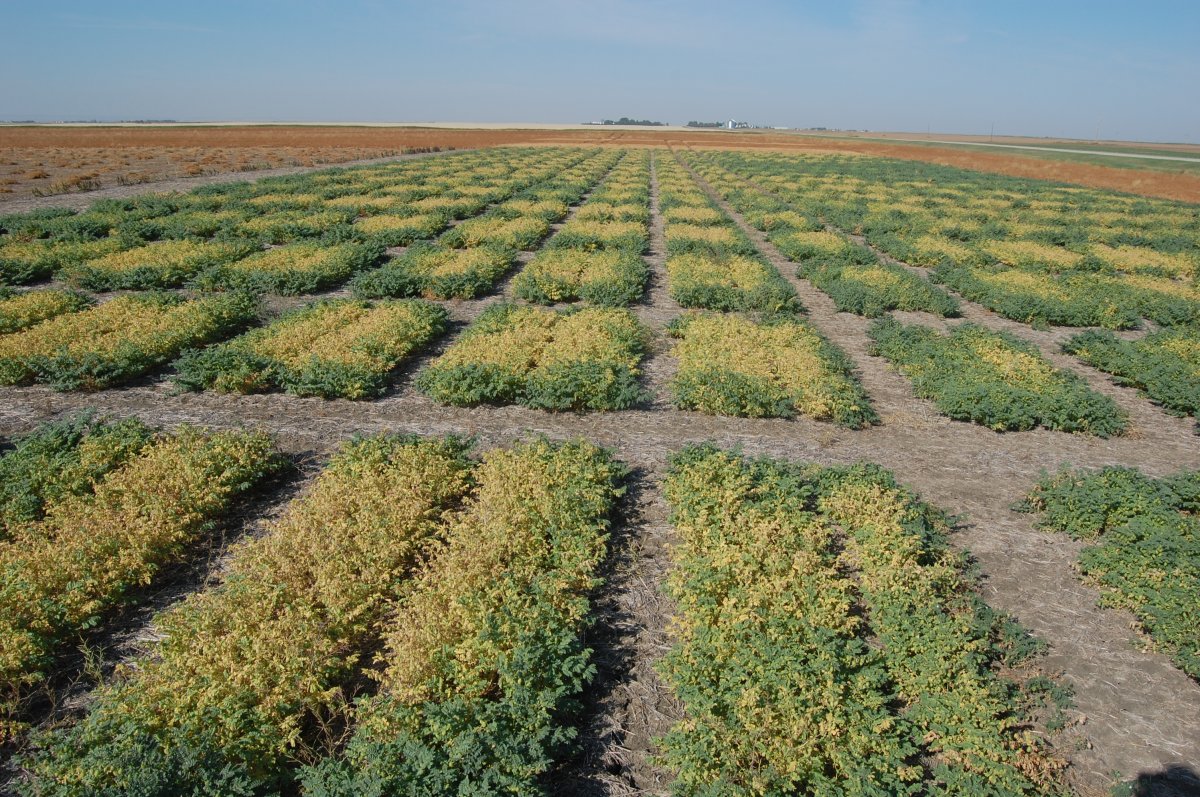Researchers at the University of Saskatchewan (USask) were part of a global research team to spotlight one of the main protein sources for people around the world. One of the USask researcher’s said this is a highly nutritious crop that is high in protein and a good substitute for animal proteins.

Dr. Tar’an and Dr. Amit Deokar are from the USask College of Agriculture and Bioresources who were part of the global research. There were 57 people involved from 23 institutions worldwide who were part of the international effort of the chickpea study. It started as early as five years ago and concluded as late as 2020.
Dr. Tar’an says there hasn’t been any investments in chickpea research compared to studies on soybean, canola, wheat and corn crops.
Through the study, the two USask researchers made chickpea plots in different areas of the province and have collaborated with farmers to allow them to use their land.
Dr. Tar’an said there aren’t that many crops that have the most comprehensive data available like this. The research spurred the idea of implementing recommendations of how to use the data.
People who are interested in learning more about this chickpea study are encouraged to reach out to Dr. Tar’an as there are many areas of the chickpea study that were focused on within the worldwide institutions.





Comments